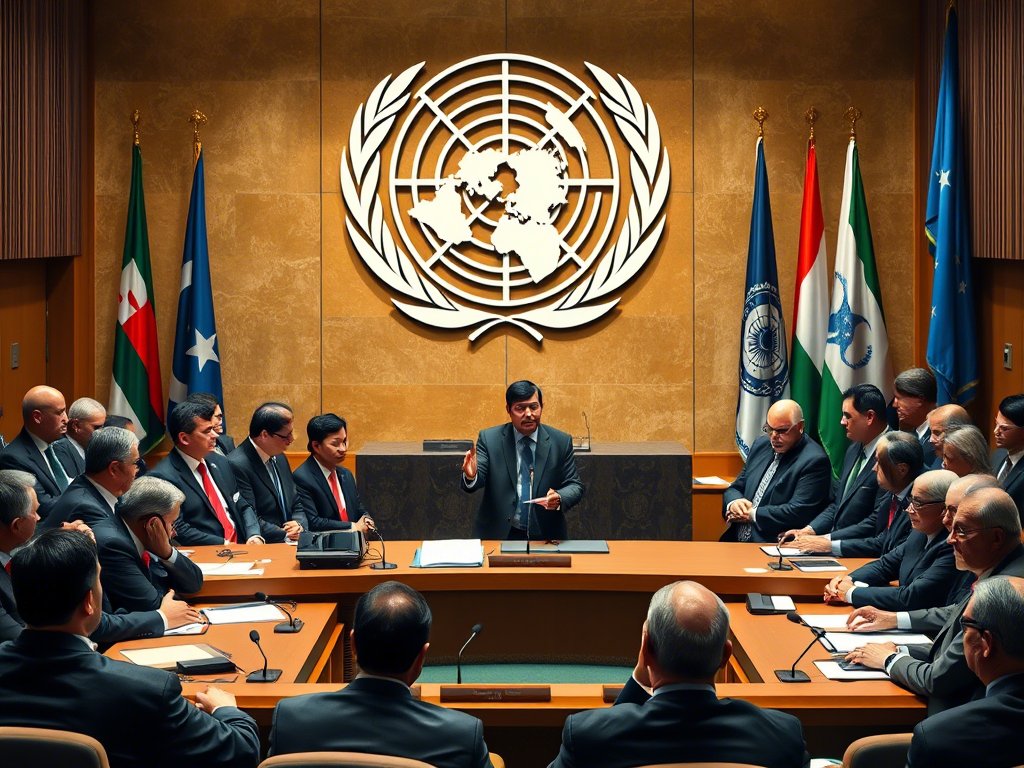Pahalgam Attack Fallout: Why Pakistan Is Running to the UN and the World Should Care

Let me take you back to April 22. Pahalgam—usually a postcard-perfect slice of Kashmir—turned into a nightmare. 26 people lost their lives, including 25 tourists who were just there to soak in nature’s serenity. And just like that, a peaceful vacation spot became the epicenter of international tension.
India quickly pointed fingers at Pakistan-based militants. And honestly, given the history between these two nations, it wasn’t entirely surprising.
But here’s where it gets interesting…
- Pakistan’s “Not Me” Moment—and the UN Card
Just days after India’s furious response—ranging from border shutdowns to suspending water treaties—Pakistan fired up its diplomatic engines. Foreign Minister Ishaq Dar directed their UN representative to brief the Security Council.
Now, if you’re thinking, “Wait, isn’t that a little dramatic?”—you’re not alone.
Pakistan insists it’s being unfairly blamed and wants the world to see India’s reaction as “aggressive” and “provocative.” Their logic? “We’re not the bad guys here.”
It’s like that one neighbor who keeps claiming innocence every time a rock hits your window… and somehow always happens to be standing near the garden.
- India’s Response: Not Just Angry Tweets
This time, India isn’t just sticking to strong words. Here’s what New Delhi has already done:
• Suspended all Pakistani visas and trade routes
• Shut down the Wagah-Atari border crossing
• Pulled the plug on the Indus Water Treaty (yes, that treaty from 1960)
• Ceasefire violations? Happening almost every night along the LoC
It’s like a geopolitical chessboard—and every move seems to scream: We’ve had enough.
And just to make things even more tense, Pakistan test-fired its Abdali missile last week. Coincidence? Hmm.
- Why This Isn’t Just a “India vs Pakistan” Story
Here’s the thing. This is way bigger than two neighbors squabbling.
South Asia is home to nearly 2 billion people. And when two nuclear-armed nations start escalating, the world gets jittery—for good reason.
The U.S. has already stepped in, urging de-escalation. Russia’s Sergey Lavrov is calling for restraint. Even China, usually quiet in such matters, is reportedly keeping a close eye.
Because let’s be honest: the last thing anyone wants is a regional spark turning into a global wildfire.
- The Power of Perception: Media, Missiles & Mistrust
There’s another angle to all this—information warfare.
While Indian channels are showing footage of grieving families and demanding justice, Pakistani media is doubling down on the “India is bullying us” narrative.
It’s not just about what’s happening on the ground—it’s about who controls the story.
And in today’s age of viral headlines and 15-second videos, perception often beats reality.
- So… What’s Next?
That’s the million-dollar question, right?
If Pakistan does manage to get the UN Security Council’s ear, the conversation could shift. But if global powers side with India—and let’s be real, most are leaning that way—Islamabad’s narrative might not hold water for long. And with elections looming in India, national security is front and center. So don’t expect New Delhi to back down easily.

